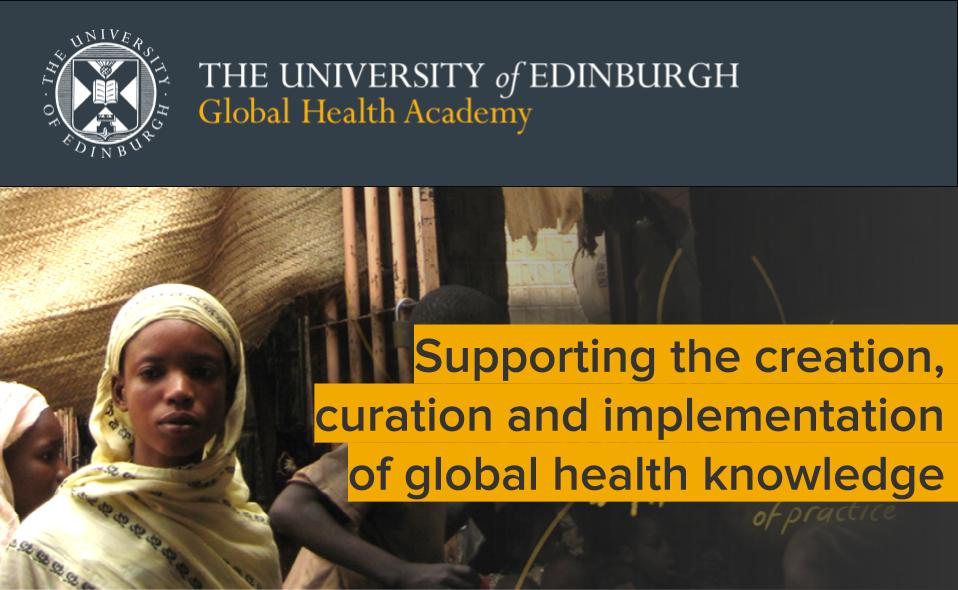HIV/AIDS: into the third decade
1981 saw the first description of AIDS cases in the USA. There are now over 100,000 people living with HIV in the UK and around 34 million people worldwide. In 2011, an estimated 1.7 million people worldwide died from HIV related causes. In the UK, around 1 in 5 patients living with HIV are not aware of their diagnosis; more efforts should be done to identify them so that they can benefit from antiretroviral treatment and improved health. Treated early, patients with HIV can look forward to an almost normal life span.
Despite extensive research, there is no effective vaccine for treatment or prevention of HIV infection. Treatment is effective and is required lifelong as at present there is no cure. Antiretroviral therapy fails to cure HIV infection because latent proviruses persist in resting CD4+ T cells.
Although the international response to HIV epidemic has not been rapid, more than half of people eligible for ART in low and middle income countries were receiving ART for the first time in 2011.
Lifelong therapy means that patients are exposed to potential drug toxicity for a prolonged period. People with HIV are living longer; the proportion of patients aged 50 and older are an increasing proportion of the population of persons living with HIV in the UK. Older people with HIV/AIDS face both HIV/AIDS-related and age-related co-morbidities, such as hypertension, chronic pain, hepatitis, and arthritis, which are associated with poorer physical, mental, and social wellbeing.
The global HIV epidemic is one of the most formidable challenges to life and human dignity; it undermines social and economic development worldwide. Efforts at eradicating HIV must be maintained by finding a cure for those who are already infected and an affordable and effective vaccine to prevent new infections.
Professor Clifford Leen
Consultant Physician Infectious Diseases (Western General Hospital) Professor Infectious Diseases (Edinburgh University)





